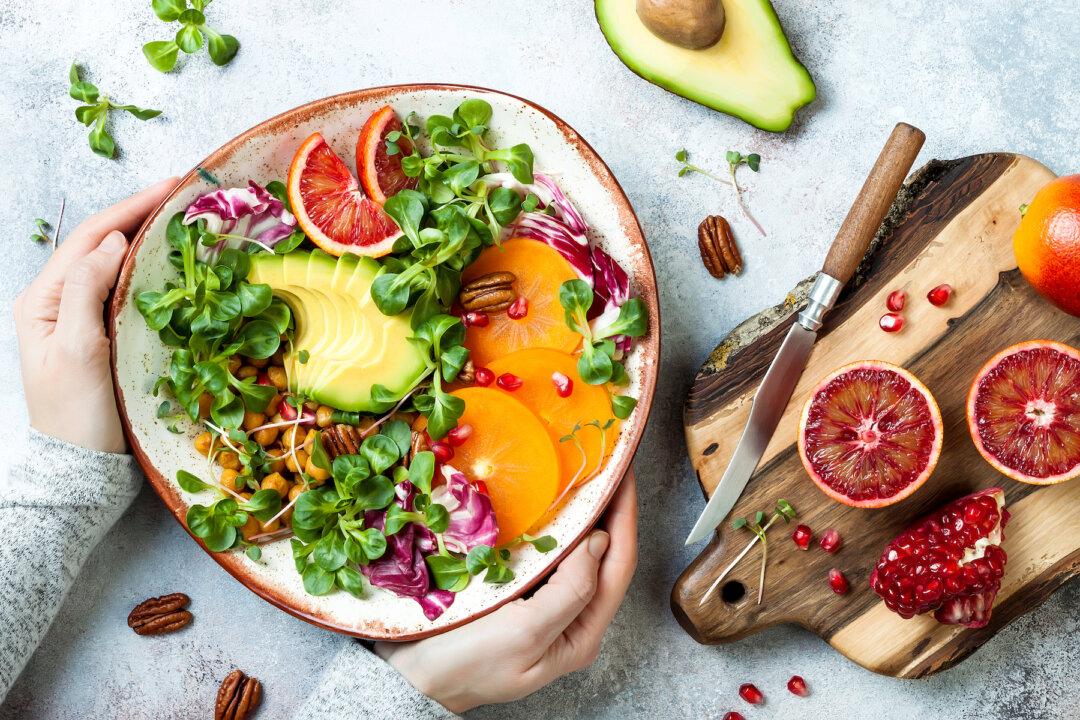Colon health is a real concern, no matter who you are. Finding ways to keep it healthy is a priority for men and women around the world.
You may find it surprising to learn that a few small decisions each day have the potential to reduce the risk of colon-related illness in a significant way.





